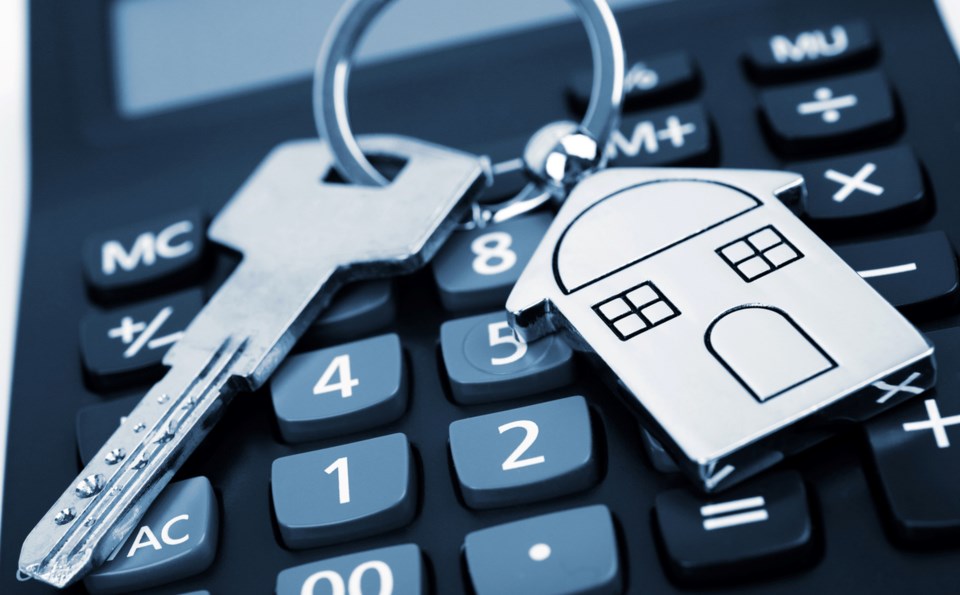Those of us who keep a close eye on the B.C. real estate industry and housing policy were widely anticipating a speculation tax to be introduced in last week’s B.C. Budget, as it had been heavily hinted at by the NDP in advance of the announcement.
I was among many who supposed this would take the form of a tax applied upon the sale of a property – say, if a home is flipped by a non-resident within a certain limited time period. For example, a non-resident (for tax purposes) owner who sells a Vancouver home within a year of buying it would have to pay an additional levy on that sale – a levy that would decline on a sliding scale the longer the home is owned. Such a tax would target actual speculators looking for nothing more than a quick flip, who capitalize on the uplift in value in a rising market within a relatively short time frame. That’s what speculation is, after all.
Imagine my surprise, then, when the “speculation tax” introduced in the 2018 Budget was not, in fact, a speculation tax at all.
Rather, the new so-called speculation tax is really a non-resident owner tax (in addition to the newly increased, expanded foreign buyer tax). Owners of B.C. real estate who do not pay B.C. income tax (with exemptions for those who live in or rent out the home) will have to pay 0.5 per cent of their home’s assessed value in 2018, and two per cent per year from 2019 onwards (that’s $20,000 a year on a $1 million home).
So it’s pretty clear that this tax affects all non-local-tax-paying home owners, not just speculators. But it has been cynically named a "speculation tax" because the NDP knows tax-paying voters believe real estate speculation is a leading cause of high home prices, and this way the party is seen to be doing something about it.
In fact, the new “speculation tax” will affect true speculators relatively little. If you’re flipping a house or condo within a short period (say, one to five years) of purchase, you’ll only be liable for the new tax within that short period. Whereas long-term, non-resident owners who are not speculating on the housing market – they simply own the home – will have to pay that same tax year after year.
As finance minister Carole James said the new tax will only apply to non-resident owners who do not rent out or live in the home, it is essentially a B.C.-wide empty home tax, on top of the one imposed in the City of Vancouver. Now, you may or may not think this is a good idea in its own right – but it’s not going to stop speculators flipping properties.
What’s more, we don’t yet know how it will affect presale condo speculation, which is one of the biggest culprits in the speculative real estate market – the new tax may not even be applied there at all. After all, if a non-resident buyer of a presale unit reassigns the contract before taking ownership of it, they would presumably never be the official owner of the unit and therefore not have to pay the new tax. Yes, the NDP did also announce they will track presale assignments and ensure that applicable taxes are paid, which is fine, but such currently applicable taxes (chiefly Property Transfer Tax) will likely be little deterrent to speculation.
Surely there could have been a levy designed to actually address cold-blooded, dollar-grabbing, quick-flip speculation – like the NDP said it would?



